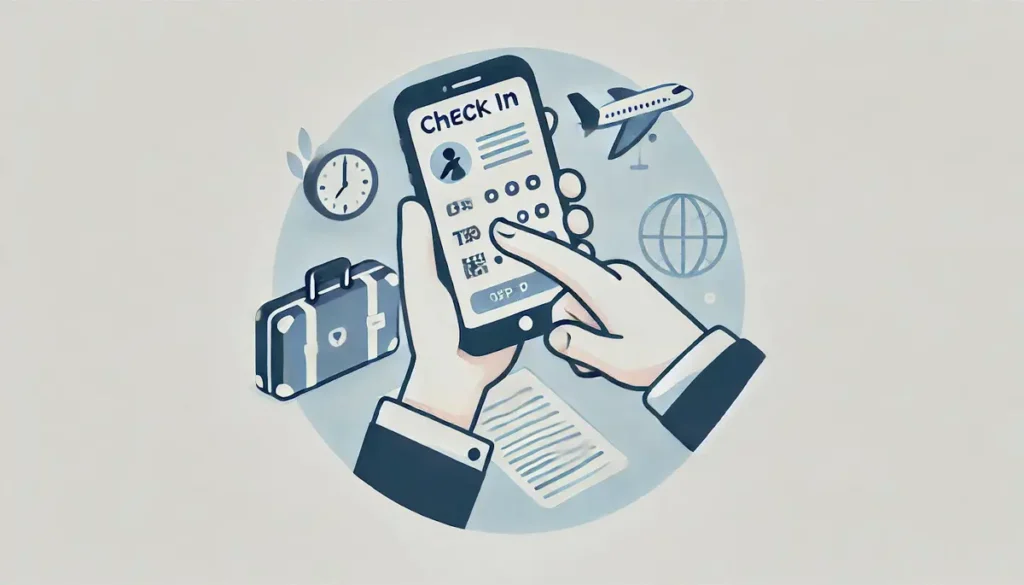4 Fintech Innovations Enhancing the Travel Experience
Fintech is making travel smoother, safer, and more personalized. Whether you’re planning a dream vacation or rushing for a business meeting, these innovations remove headaches from the experience.
If you’ve yet to experience what’s possible thanks to the latest systems and solutions, hold tight and we’ll explain what you’re missing.

Simplified Currency Conversion for Global Travelers
Handling foreign currency can add stress to travel. Fintech now offers tools that make this process seamless and cost-effective.
For example:
- Mobile apps likeWise let travelers convert money at real-time exchange rates, avoiding steep bank fees.
- Multi-currency cards, such as those by Revolut or N26, allow spending directly in local currencies without hidden charges.
- Built-in calculators in some payment apps help compare exchange rates before you spend or transfer funds.
These tools empower users to stay informed and save money during their trips, all through a smartphone app or card integration.
The benefits also apply to the business side of the equation in this industry. For instance, hotels hoping to court international customers can use an online travel agency to handle bookings and take care of currency conversion at their end. That way, guests can see prices and make payments seamlessly, no matter where they’re based.
Digital Wallets and Contactless Payments on the Go
Carrying cash feels outdated, especially for international travel. Digital wallets and contactless payment options are revolutionizing how travelers pay.
For instance:
- Apple Pay and Google Pay offer tap-to-pay functionality accepted globally in shops, restaurants, and transit systems.
- Payment apps like PayPal or Venmo streamline peer-to-peer payments for splitting costs with travel companions.
- Super apps like Grab or WeChat allow integrated payments directly tied to local services such as taxis, hotels, or dining in certain regions.
These tools reduce dependency on physical cards or cash while offering extra security layers like biometric authentication.
Businesses benefit, too, by catering to customers through widely used payment methods. Airlines adopting QR-code-based purchases during flights now enhance passenger convenience while boosting onboard sales efficiency. Accepting digital wallets globally at point-of-sale terminals lets them align operations with modern customer expectations wherever they travel.
Personalized Travel Budgeting Tools with AI Support
Budgeting for a trip is never a walk in the park. Fintech tools powered by AI simplify the process and help travelers stay on track.
For instance:
- Apps like Trail Wallet and Trabee Pocket categorize spending in real-time, providing insights into where money goes during travel.
- Hopper predicts flight and hotel price changes using AI algorithms to suggest the best booking times for savings.
- YouTrip offers real-time tracking of expenses while converting currency seamlessly within its platform.
These solutions adapt to user preferences, giving personalized alerts or recommendations based on spending patterns and destinations.
AI-powered budgeting also benefits businesses catering to travelers. For example, tour operators could integrate predictive pricing data into their packages so clients can book at optimal rates. This is just one of the reasons why AI tech is such a hit with investors.
Blockchain’s Role in Secure Traveler Identity Verification
Security is vital when traveling, and blockchain technology is enhancing how personal information is shared. Decentralized systems reduce the risks of data breaches while streamlining identity verification.
Examples where blockchain shines:
- Air France has tested a system for verifying passenger documents and handling bookings through blockchain, speeding up airport check-ins.
- Self-sovereign ID platforms like uPort let travelers control access to their digital IDs without relying on centralized databases.
- Winding Tree uses blockchain to connect travelers directly with airlines and hotels, ensuring the secure exchange of sensitive information.
This technology also simplifies visa applications or customs processes by providing immutable records accessible only by authorized parties.
Travel businesses can adopt these tools to gain the trust of security-conscious customers while improving operational efficiency. Offering streamlined solutions reduces queues at airports or borders, removing the rough edges from long trips and making life easier for industry employees as well.
Final Thoughts
Fintech innovations are redefining how we travel. From secure identity systems to AI-driven tools, these technologies remove common pain points and add convenience at every step. Travelers gain freedom and flexibility through smarter financial solutions tailored to their needs.
Adopting these advancements also benefits businesses in the travel industry. They can deliver more seamless experiences while building trust with customers worldwide.
